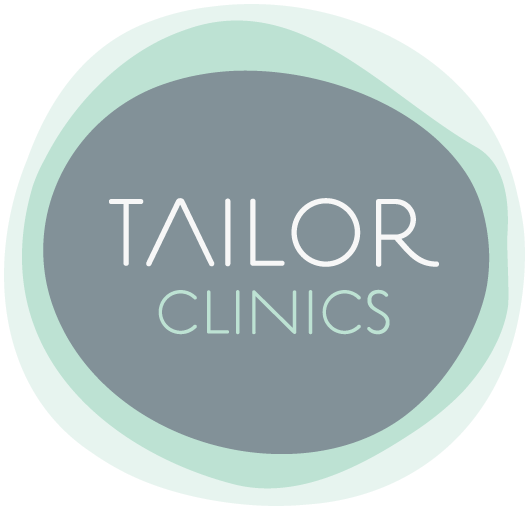How to increase your protein intake
More Protein! But HOW?
The most common piece of advice to leave our nutrition offices is undoubtedly: “increase your protein intake.” Chances are you’ve probably heard this recommendation yourself once or twice, especially in the early stages of your journey.
So why is protein so important? What happens when you’re not getting enough? And how do you increase your intake? Read on to find out.
What is protein & why do you need it?
Let’s do the quickest rundown. Protein breaks down into amino acids which are used to build just about everything in the body. Muscles, tendons, bones, hair, skin, nails, many cells of the immune system, the gut lining, many of our hormones and neurotransmitters - all have a protein component.
What happens when you’re not getting enough protein?
A few things:
If you don’t get enough protein through diet, the body starts to break down muscle tissue in order to provide these amino acids. This is detrimental in a number of ways, not only because muscle helps to maintain strength and support your joints, but muscle mass also plays a fundamental role in maintaining a healthy metabolism. Basically, the higher your muscle mass is, the higher your resting metabolic rate is. Having a higher muscle mass is also helpful blood sugar regulation because more glucose can be stored in muscle glycogen stores rather than the liver or fat tissue.
Hair loss. When the body isn’t getting enough protein, the priority will always be your vital organs over lush locks and strong nails (despite how much we may love those things too). As a result, less resources go towards building and repairing less essential things like hair and nails. Hair loss can be a really concerning symptom for a lot of people in the early stages post op - typically around the 3-4 month mark. This occurs as a result of the inevitable protein deficit in those early stages. While this can be very stressful, know that it’s temporary. Follow the tips below for how to increase protein intake.
Increased hunger / reduced satiety - this one probably won’t be noticeable until closer to one year post when the honeymoon is starting to end and those hunger hormones are coming back online. Protein plays a really significant role in satiety, so when you’re not getting enough you’ll find that you are hungrier between meals, and probably thinking about food a lot more often.
How to increase your protein intake?
Here are a few actionable tips to help boost your protein through diet and fluid intake:
The low hanging fruit and arguably the most important strategy is to prioritise a ‘top level protein’ with each meal. Think: meat, chicken, fish, whey protein powder. For a bigger list - refer to the ‘Protein Shopping List’ in your 6 week booklet, or contact your bariatric nutritionist.
Add collagen (‘protein water’) to your drinks. This is one of the easiest ways to top up your protein and help reduce hunger between meals. Add our tasteless collagen to any hot drinks, and add our flavoured collagen to water. This is particularly important in the early stages post op when your portion sizes are heavily restricted and there’s only so much protein you can get in at meal time.
Add whey protein powder to breakfasts such as yogurt / smoothies / overnight oats / chia pots / porridge (once cooled slightly otherwise it’ll go clumpy)
Add cottage cheese to smoothies / frittatas / cruskits / salads - it’s low in fat and high in protein.
With any vegetarian meals aim for at least two sources of protein. This will help to increase your overall intake of protein and help make sure you’re getting all of the amino acids you need. Some examples could be:
Omelette with feta cheese
Chickpea curry with quinoa
Salad with mixed beans and edam cheese
Tofu and edamame poke bowl
Keep high-protein ‘emergency’ options on hand for those days that life gets busy. Now the non-perishable protein options are somewhat limited, but this could include:
Tins of tuna / salmon / chopchop chicken / chickpeas
Biltong
For more individualised and specific advice for how to increase your protein intake and how much you need for your body, book in with our nutrition team.
Disclaimer: this blog post is intended for educational purposes only and does not replace individual medical advice. For more support please always seek the guidance of your relevant health practitioners.

